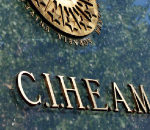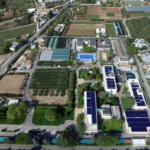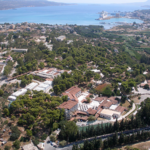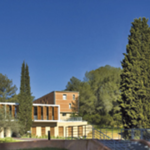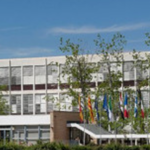High Nature Value farming: Learning, Innovation and Knowledge
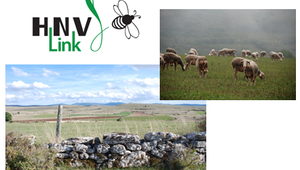
High nature value (HNV) farmland defines areas in Europe where agricultural activities support and are associated with exceptionally high biodiversity. These areas are an important component of European agriculture not only for their natural values but also for cultural heritage, quality products and rural employment. Such farming is practised most frequently in areas where natural constraints prevent intensive production. They mainly, but not exclusively, involve low-intensity livestock farming.
The HNV Link project network focuses on innovations that increase the socio-economic viability of HNV farming while maintaining natural values of HNV farmland, including ecosystem services provided to the society. The project links the partners into a peer-learning process and harnesses their innovation expertise for use in other HNV farmland regions.
Objectives
HHigh Nature Value Farming: Learning, Innovation and Knowledge (HNV-Link) is a 13-partner network dedicated to developing and sharing innovations that support HNV farming systems and communities by simultaneously improving their socio-economic viability and environmental efficiency.
Activities
The project is implemented in 10 so called “learning areas”, where HNV farming systems are prevalent and where appropriate innovations have been made to sustainably maintain HNV farmland. Innovations are not only technical and commercial but also social, institutional and regulatory.
The following activities are developed:
- Assess the current situation of HNV farming systems (evolution dynamics, challenges);
- Collect and evaluate innovation examples from the grassroots and innovation gaps;
- Engage key actors across a shared HNV farming vision;
- Organise an “Innovation Fair” to foster peer learning among partners
- Arrange cross visits of practitioners to learn from the field
- Disseminate the innovations and lessons learnt to engage farmers groups, advisors, researchers and other actors beyond the 10 learning areas.
Results and impacts
- Edition of an Atlas of innovations feasible within HNV farming areas
- Peer learning and innovation transfers between partners
- Strengthened network of HNV farming actors
- Scientific and policy papers on HNV farming
- Package of educational material exposing educators and students alike to HNV concepts, challenges and opportunities.
Coordinator
CIHEAM – Institut Agronomique Méditerranéen de Montpellier (CIHEAM-IAMM) - France
More information
Source of funding : European Commission, H2020 programme
Contacts :
- François LERIN – CIHEAM-IAMM, France, coordonnateur, contact@iamm.fr
- Claire BERNARD-MONGIN – CIHEAM-IAMM, chargée de projet, contact@iamm.fr
- Maïté PUIG DE MORALES – CIHEAM-IAMM, gestion financière, puigdemorales@iamm.fr
- Virginie AVIGNON – CIHEAM-IAMM, assistante, avignon@iamm.fr
Total budget: 2 200 000 €
Partners :
- European Forum on Nature Conservation and Pastoralism (EFNCP) - R.-U.
- Université d’Evora, Instituto de Ciências Agrárias e Ambientais Mediterrânicas - Portugal
- Université des Sciences Agronomiques et de Médecine Vétérinaire de Cluj Napoca (USAMV) - Roumanie
- Society for Territorial and Environmental Prosperity (STEP) - Bulgarie
- County Administrative Board of Västra Götaland - Suède
- Application des Sciences de l‘Action (AScA) - France
- Sligo Institute of Technology, (IT Sligo) - Irlande
- Université de Thessaly (UTH) - Grèce
- Université d’Helsinki - Finlande
- Local action group LAG 5 - Croatie
- Conservatoire d’Espaces Naturels Languedoc-Roussillon (CEN-LR) - France
- Fundación Entretantos - Espagne


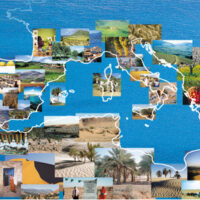 CIHEAM MontpellierOur vision is that of a Mediterranean basin characterised by a spirit of cooperation.
CIHEAM MontpellierOur vision is that of a Mediterranean basin characterised by a spirit of cooperation.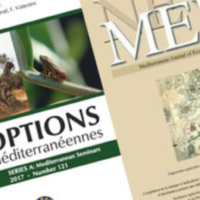 CIHEAM publicationsOur publications and communication tools aim to facilitate decision-making processes for political, economic and agricultural actors in the Mediterranean region
CIHEAM publicationsOur publications and communication tools aim to facilitate decision-making processes for political, economic and agricultural actors in the Mediterranean region News and events
News and events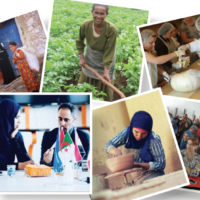 Press review (Scoop.it)
Press review (Scoop.it) Master programmesThe CIHEAM Montpellier stands for both personalised accompaniment and international openness.
Master programmesThe CIHEAM Montpellier stands for both personalised accompaniment and international openness.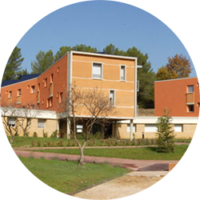 Campus & student lifeSince 1962, almost 95% of our foreign students have been granted accommodation on site.
Campus & student lifeSince 1962, almost 95% of our foreign students have been granted accommodation on site.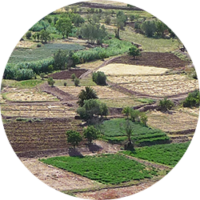 Doctoral platformShaping the scientists of tomorrow through research training… A natural commitment of the CIHEAM Montpellier
Doctoral platformShaping the scientists of tomorrow through research training… A natural commitment of the CIHEAM Montpellier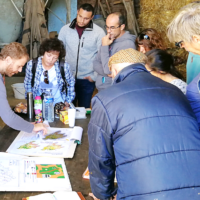 ProjectsOur research and cooperation projects are tools for inclusive development, they take into account the populations and rural and coastal territories of the Mediterranean.
ProjectsOur research and cooperation projects are tools for inclusive development, they take into account the populations and rural and coastal territories of the Mediterranean.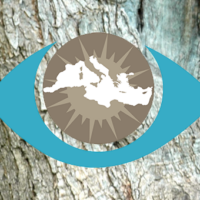 Mediterranean online catalogueA unique Documentation Center on the Mediterranean,
invested in sharing knowledge.
Mediterranean online catalogueA unique Documentation Center on the Mediterranean,
invested in sharing knowledge. Scientific productionThe scientific production of the CIHEAM Montpellier is the fruit of collaborations by our lecturer-researchers, associated experts, students and research partners.
Scientific productionThe scientific production of the CIHEAM Montpellier is the fruit of collaborations by our lecturer-researchers, associated experts, students and research partners. Becoming partnersCreating partnerships is part of the genetic make-up of the CIHEAM Montpellier... Join one of its projects or study programmes, support its actions.
Becoming partnersCreating partnerships is part of the genetic make-up of the CIHEAM Montpellier... Join one of its projects or study programmes, support its actions.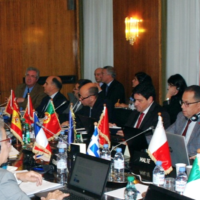 Ministerial meetingsThrough the Ministerial, CIHEAM contributes to the construction of a dialogue between the Mediterranean countries around questions relating to agriculture and the rural world.
Ministerial meetingsThrough the Ministerial, CIHEAM contributes to the construction of a dialogue between the Mediterranean countries around questions relating to agriculture and the rural world.